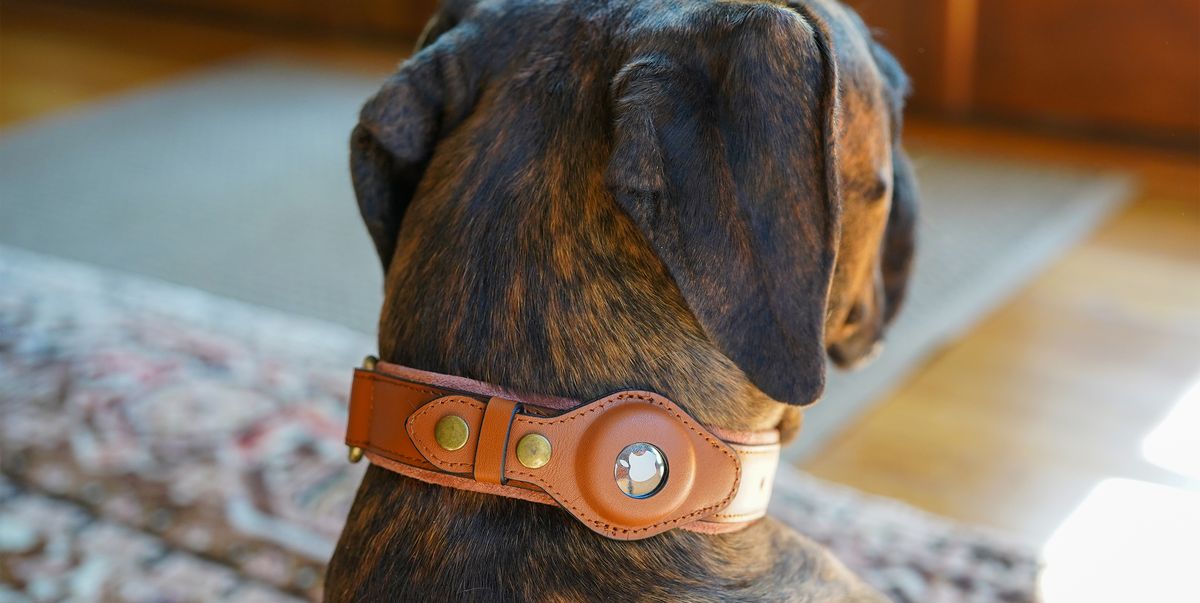In the case of our four-legged companions proper collar for dogs is a crucial accessory. Dog collars serve multiple purposes, including identification, safety, and style. With a myriad of options on the market finding the perfect collar for your dog’s pet may be confusing.

The Versatility of Dog Collars
Collars for dogs play a vital function in the life of your pet. We’ll explore the ways dog collars can benefit your pet.
Safety and identification: A dog collar serves as an important device to identify your pet. The collar usually has an ID tag that is attached to your contact information to make it easier to find your dog in the event they become lost. Dog collars with a D-ring are the best because they keep the tag in place and prevent it from falling off during walks and play.
Control and training: Dog collars are important in training and controlling your pet. A standard collar, as an example, can be used as a leash, giving you control while walking or taking part in outdoor activities. A dog collar that is properly fitted can help you keep control of your spirited or boisterous pet and avoid excessive pulling.
Style and Personalization. While safety and functionality is crucial, it’s important to consider style as well. Dog collars come in many different colors, materials and styles. They allow you to show off your pet’s personality and personal tastes. A collar that is personalized with your pet’s name or design of your choice adds a something special.
Dog Collars Types
With a myriad of dog collars to choose from it is essential to know the different kinds and their particular functions.
Standard Flat Collar – The standard collar is the most commonly used dog collar. These collars can be worn every day, as they are incredibly easy to adjust and easy to adjust. These collars are ideal for attaching ID tags to your dog, and to walk with.
Martingale Collar: Martingale collars are designed specifically for dogs who tend to slip out of traditional collars. They are tightened when a dog pulls at the leash, preventing escape and avoid choking. Greyhounds as well as other breeds with small heads are great candidates for these collars.
Prong Collars (also known as pinch Collars) are controversial but effective in certain situations. Metal prongs are used to apply pressure on the dog’s neck when they pull in a way that discourages this behavior.
Head Collars: Head collars, like the Gentle Leader and Halti, provide control over your dog’s head and make it easier for them to guide their movements. These collars are perfect for dogs that are too engaged or are powerful pullers.
Harnesses: Although they’re not technically collars, harnesses are still worthy of being mentioned. It can be more comfortable for dogs with respiratory issues as they distribute pressure evenly. The harness is a great choice for dogs that have breathing issues or for small breeds.
The Best Dog Collar to Choose
The size of your dog’s behavior, as well as your preferences will determine the collar that is best for them. Consider these factors when choosing the right collar for your pet:
The collar should be snug but not too tight. You should be able to put two fingers between the collar and your dog’s neck. Make sure it’s not too tight and loose, because that could cause your dog to slip.
Collars can be made from several different materials such as nylon, leather chains, and nylon. Consider your dog’s comfort and your personal preferences. Leather collars can be stylish and durable, but nylon collars are typically light and easy to clean.
Safety Features: For safety, opt for collars with reflective strips, which can make your dog more visible during nighttime walks. There are breakaway collars that let your dog out when it is caught in an object. This will prevent your dog from choking.
Pick a collar based upon your dog’s characteristics. If your dog pulls the leash then either a no-pull or martingale collar might be appropriate. Standard collars may be sufficient for dogs that are calm and well behaved.
Style and Personalization: Express your dog’s personality as well as your individual style by choosing the right collar to reflect both. Customized collars and those with unique designs provide a distinctive design to your pet’s appearance.
The article’s conclusion is:
Dog collars aren’t only accessories, but are essential devices to keep your dog safe and well-trained. They are also stylish. Size, material, safety and the dog’s manner of behavior are all factors to consider when selecting a collar for your dog. With the proper collar, your dog can stay safe and look fabulous no matter if they’re on an outing in the park or just lounging at the house.